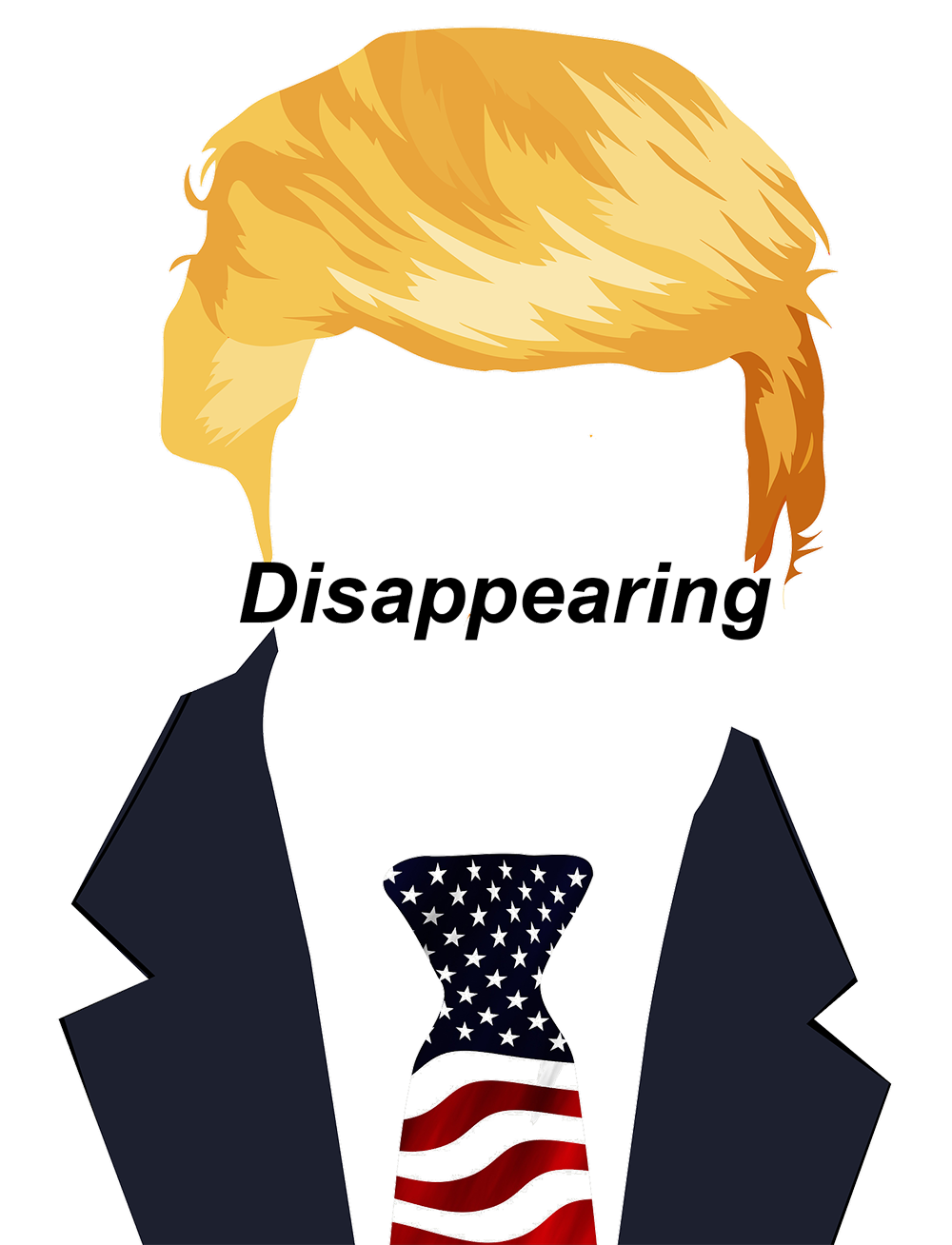The public consternation over Cambridge Analytica's "misuse" of Facebook users' data has received a lot…

Big Data is Watching You
The title of this article is slightly misleading. Big data is not watching you, but big data could not exist without all of your activities on the Internet being monitored on a continuous basis.
So what? Since you are not up to anything nefarious, does this really matter?
The short answer is: yes it does.
First of all, exactly what is “big data”?
If all of your activities on the Internet are monitored, and everyone else’s are as well, the amount of information or data that is collected, stored and processed is massive, hence the term “big data”. It also important to note that it is not just the amount of the data that matters, but also how that data is processed to reveal connections and to characterize those connections in ways that make actions that employ that data, fruitful for those who use it.
The obvious follow-up questions are:
- Who is doing the watching (and collecting)?
- Why are they watching?
- How is the data they collect used?
- Are there any issues around how this “big data” is used?
If you participate in any social media platform such as Facebook, Instagram, Twitter etc. you are providing personal information that has value to those who own those platforms. Your internet searches, web browsing behavior, online purchases, articles you read, and videos you watch also provide information that is of value.
The value that you provide is your personal information, which is a marketable commodity that can be sold to advertisers. Advertisers buy services from companies like Google and Facebook who store your personal information. The data they have collected on you allows them to target ads very specifically since they know so much about you. What they know about you is stored in a profile that is very specific to you and contains a stunning number of different data points. This data is not only information related to your identity such as gender, age, location, profession, group memberships, and nationality, but also includes your beliefs and interests. Your stored profile also contains other information related to politics, religion, hobbies , activities etc. It also includes a lists of people you are associated with such as family, friends, professional associates and others.
Since the collected data allows very specific ad targeting, it is of great value to advertisers since they are not spending money exposing their ads to demographics who are unlikely to buy their products or services. This happens since each page you view in your browser is rendered dynamically and is customized for you with information and ads that are consistent with the profile they have assembled on you.
It is worth emphasizing how dynamic customization of what is viewed on the Internet impacts how people interpret what they are seeing. Many might assume they get the same information and ads for all those viewing the same “page” on the Internet. This is not true. You view is customized for you.
There are some side-effects of this customization that have been discussed in a previous article: The Filter Bubble.
In this article, I am focusing on how this data is used. Like all technologies, the technology itself may have no particular bias, however, how it is used may offer both positive and negative aspects.
For advertisers this technologies offers the obvious efficiencies as noted above. For those being shown advertising, they are seeing products and services that they are most likely interested in acquiring. None of that seems terribly concerning. However, what about other types of applications?
The bad boy of big data was a company called “Cambridge Analytica”. The claim made about this company was that they had inappropriately used a large amount of data acquired from Facebook in advertising campaigns they had executed on behalf of their clients. The amusing thing about that is, as noted above, the business model of Facebook is based on harvesting personal data which they can sell to companies like Cambridge Analytica. So what’s the fuss?
The answer to that question has some nuance. Firstly, it exposed the business model of Facebook to its user community in ways that are, at the very least, embarrassing to Facebook, since it demonstrates clearly what Facebook is all about: harvesting personal data for profit. This creates considerable awkwardness for Facebook, since the more they “protect” personal data, the less valuable that data becomes. This puts Facebook in the middle between Facebook users wanting privacy and their customers wanting as much data as possible. Who do you suppose will win that tug of war?
One of the major concerns raised over the Cambridge Analytica scandal was the use of psychological profiles they had developed on Facebook users in their ad campaigns. These ad campaigns where designed to target Facebook users who were identified as being in the middle ground, in elections or referendums, to sway their votes in favor of a particular candidate or cause. Apparently the clients of Cambridge Analytica were happy with the results. Facebook, on the other hand, postured as the injured party since they claimed their data had been used inappropriately.
The lesson learned: really targeted advertising, based on the analysis of big data, can change the voting behavior of those who are on the fence. This bring us into a whole new world of advertising. We have gone from lawn signs to very specific targeted ads that have impacts far beyond traditional forms of political campaigning (or other forms of campaigns).
Given that the impacts of such campaigns are real, yet so subtle that most may be unaware of their effects, should they be curtailed in some way? If they are to be curtailed, what happens to those who are currently profiting from the mass collection of personal data?
This is the current challenge around all social media. It is not necessarily just harmless fun. The use of social media by increasingly large numbers of individuals, produces a vast treasure trove of data that can be used in ways that undermine the process of democracy, which presumes we all have the freedom to choose. But are those choices free of biases created by strategic advertising campaigns? How do we make good choices when the information we are seeing is skewed?
It is fair to say information has always been presented in ways that has bias, however with the advent of big data, the key change has been that biased information can be targeted and hence can be fed to selected groups of people who can be swayed. This makes the promulgation of biased information far more nefarious due to its potential impacts on “free” societies.
We all need to take a step back and recognize how we can be possibly manipulated by the use of our own personal data, which we happily give away on a regular basis through our use of social media. It is naïve to think we are beyond the influence of targeted campaigns facilitated by big data.
Those campaigns have real effects, so be aware, be very aware!



